WH Auden 'In Praise of Limestone'
His great poem about the North Pennines, plus a bit of Italy [1300 words 8 mins
This post is now online at UKhillwalking.com at this link. Follow the link if you’d like to post dismissive or appreciative comments on a more public forum than this one…
Yorkshire, as any Yorkshireman will tell you, is not like other places. Elsewhere, hills rise out of the boggy river valleys, up to high cragged sides and sharp rocky summits. In Yorkshire, the rivers run underground, while the hills rise in flat layers like a pile of pancakes. And the crags instead of going up, go sideways. Take a traditional huge crag, cracked and waterworn; turn it over flat on the ground; plant ferns and little flowers in all the spaces – and you have the limestone pavement.1
The difference is in the Yorkshire landscape; it is in the Yorkshire temperament. But underneath all that, it’s a different sort of rock. Normal rock breaks down, over millions of years, into soil; soil grows plants, insects, and so-called intelligent life such as ourselves. Limestone starts off alive, and runs the clock in reverse, from biology backwards to geology.2
“Rock creates the only human landscape” – Auden, letter to a friend 1948
Last week I wrote about the limestone of England and also Italy. But one of my favourite poets has been there before me – both on foot and in the metrical feet of one of his longer poems; the 93 lines and 1100 words ‘In Praise of Limestone’.
Critics agree that 'In Praise of Limestone' is one of the fundamental Auden poems, but disagree about almost everything else. Some don’t even think it’s about the North Pennines at all. Others see it in psychoanalytical terms, or an allegory of the human body. Here I’ll take it as being, yes, about Auden’s beloved home landscape, the Northern Pennines – plus bits of Italy.
Because for Auden, the remote and run-down village of Rookhope, high in the Durham part of the Pennines and the bleak high-point of the Sustrans coast-to-coast bike ride, was a “the most wonderfully desolate of all the dales”, a "sacred landscape", evoked in a late poem, 'Amor Loci' :
I could draw its map by heart,
showing its contours,
strata and vegetation,
name every height,
small burn and lonely sheiling
'In Praise of Limestone' is still in copyright in the UK, but it's online at this link. It’s just 92 lines long, and takes 6 mins to read alout on the Youtube link at foot of this page. My first chunk of commentary refers to the 20-line segment down to the line-break after 'pleasing or teasing'.
In Praise Of Limestone
The poem was written in Italy in 1948, then revised in the 1950s. It starts by evoking homesickness for the limestone landscape of the Yorkshire Dales
With their surface fragrance of thyme and, beneath,
A secret system of caves and conduits; hear the springs
That spurt out everywhere with a chuckle,
Each filling a private pool for its fish and carving
Its own little ravine whose cliffs entertain
The butterfly and the lizard
But then it gets more puzzling. Is Auden really comparing the limestone landscape to a ‘Mother’? A Mother with a son who’s a ‘flirtatious male’: described in the 1948 version of the poem as “the nude young male who lounges/ Against a rock displaying his dildo…”
Cheeky nude boys with prominent dildos are not common in the North Pennines (despite that ‘God's Own Country’ film of 2017 by Francis Lee). However, this cheeky boy is embellishing what now seems to be an Italian landscape: still a limestone one, but with temples and fountains and cultivated vineyards.
So we’re not sure what Auden’s getting at quite. But another quote from a letter suggests we may be on the right lines: “I hadn't realized how like Italy is to my 'Mutterland,' the Pennines.”
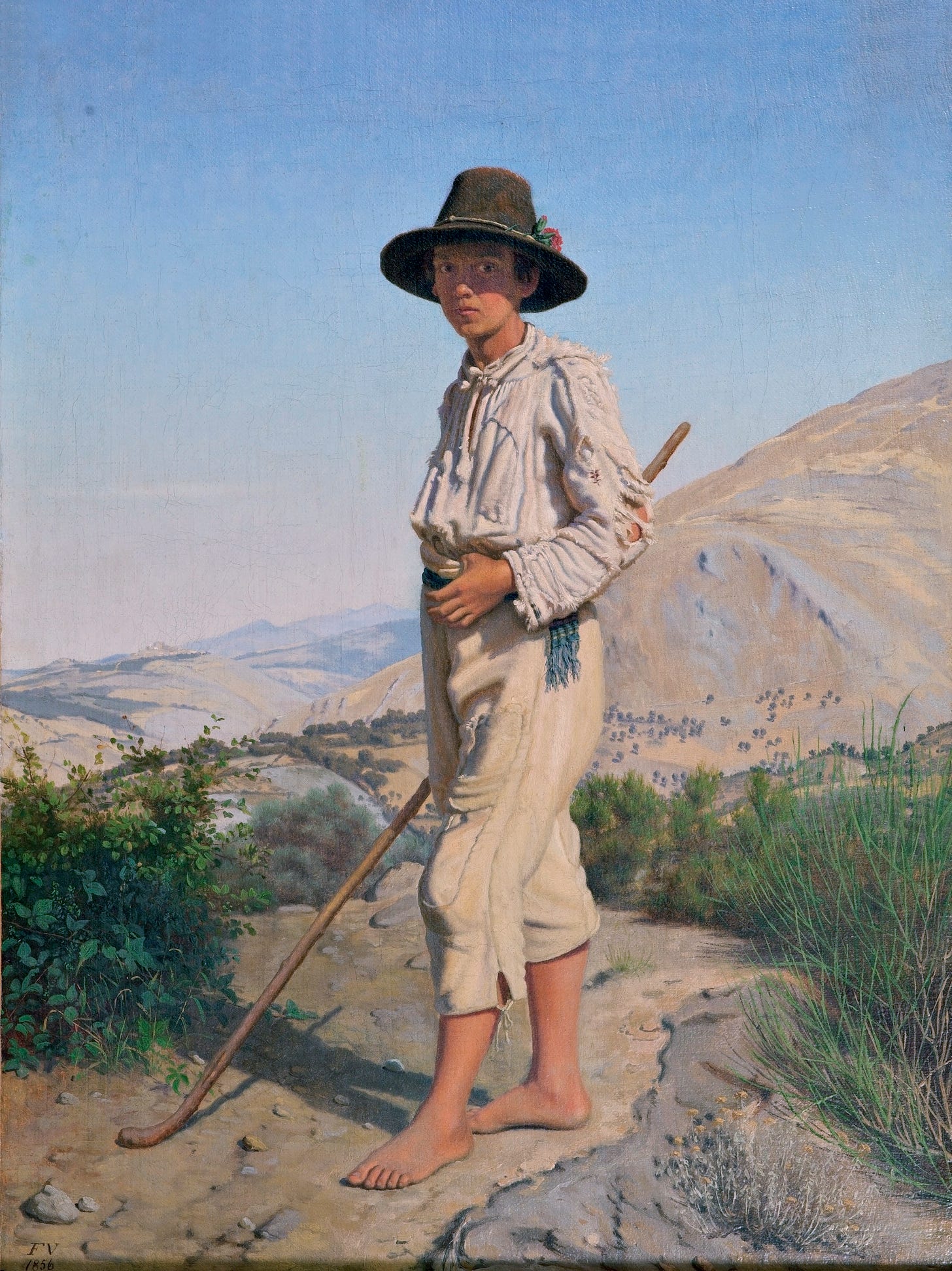
So read on … The next line break, at line 59, comes after ‘the various envies, all of them sad’.
Watch, then, the band of rivals as they climb up and down
Their steep stone gennels in twos and threes, at times
Arm in arm, but never, thank God, in step; … unable
To conceive a god whose temper-tantrums are moral
And not to be pacified by a clever line
Or a good lay
We’re back in the North Country, with its ‘gennels’ (narrow cobbled streets), but now celebrating the effect of the limestone landscape on its people.
Auden is praising the limestone for its moral qualities. For being human in scale, “where everything can be touched or reached by walking”. Its people are not mountaineers, not explorers, but hillwalkers.
accustomed to a stone that responds,
They have never had to veil their faces in awe
Of a crater whose blazing fury could not be fixed;
Life on the limestone is a “mad camp” – here we're in Italy again, rather than the North Pennines I think. But the ascetic saints have decamped to the granite. The fascists are drilling their armies on the alluvial plains. And the grim nihilists are away on the formless ocean.
The opening lines referred to ‘we, the inconstant ones’ – the ones so temperamentally matched to the limestone rocks: rock, which, crucially, dissolves in water and so is constantly changing and remaking itself.
But who is this ‘we’? Himself and… who? The poets? The intellectuals of the 1940s? Or, I think, himself and us, the poem’s readers.
But the final 30 lines shift the attention to one addressed as ‘my dear’. The cheeky boy with the dildo? Some unspecified lover? Or – my own guess – the motherland, the North Pennine landscape itself.
They were right, my dear, all those voices were right
And still are; this land is not the sweet home that it looks,
Nor its peace the historical calm of a site
Where something was settled once and for all: A backward
And dilapidated province, connected
To the big busy world by a tunnel, with a certain
Seedy appeal, is that all it is now? Not quite:
The ‘mad camp’ is not so trivial or cosy as it may appear. It’s not really a ‘sweet home’. It may seem ‘backward and dilapidated’. But it has a function, a worldly duty: it —
calls into question
All the Great Powers assume; it disturbs our rights. The poet,
Admired for his earnest habit of calling
The sun the sun, his mind Puzzle, is made uneasy
By these marble statues which so obviously doubt
His antimythological myth; and these gamins,3
Pursuing the scientist down the tiled colonnade
With such lively offers, rebuke his concern for Nature's
Remotest aspects: I, too, am reproached, for what
And how much you know.
To question the assumptions of the world leaders and their political facts and factions. To unsettle the modernist poet, so admired for his earnest habits, who has turned away from ancient myth. To chase the solemn scientist in its guise of cheeky urchin. To question Auden himself, uprooted, outside the sexual mainstream of his time, neither English nor American, in the process of converting to Anglican Christianity.
But always, the frivolities of Italy, the cheeky boy with his marble fountains, they have something important to tell us. That “the blessed will not care… having nothing to hide”. And as for the North Pennines, in the lovely final lines:
when I try to imagine a faultless love
Or the life to come, what I hear is the murmur
Of underground streams, what I see is a limestone landscape.
Scroll down for a choice of two Youtube videos of Auden reading ‘In Praise of Limestone’.
Below, Auden reading ‘In Praise of Limestone’. Or, if you prefer to have the words onscreen as you listen, the lower link has Auden reading the later version (without the dildo). Both are around 6 mins.
This turns out to be the 50th mini-essay here on About Mountains. Who’d a thought it? Note that on the web browser, those past posts can be curated into categories like Lake District, Mountaineering, Poetry, Literature, Scotland, Geology and the Moor of Rannoch. The three most popular so far have been on Volcanic rocks of the Lake District, Mallory on Everest and Virginia Woolf. Do I spread my net too wide? Yes, probably I do.
The pull quote in the next line, from the year when Auden was writing this poem, is quoted all over the Internet but comes from Edward Mendelson, Later Auden
Gamin: the male version of a ‘gamine’, a lively boy-girl such as the the Audrey Hepburn character in ‘Roman Holiday’. And yes, Auden was gay.



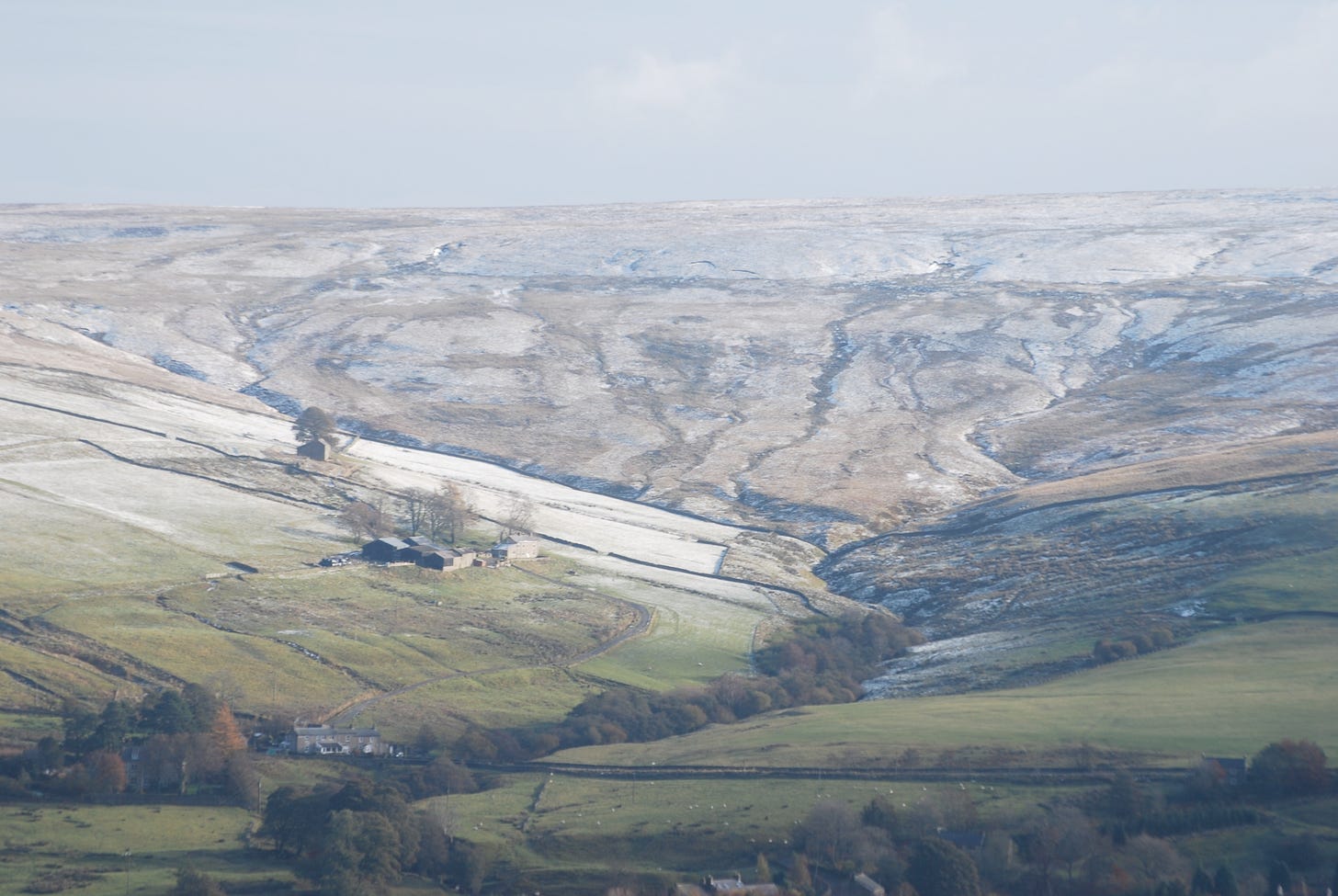
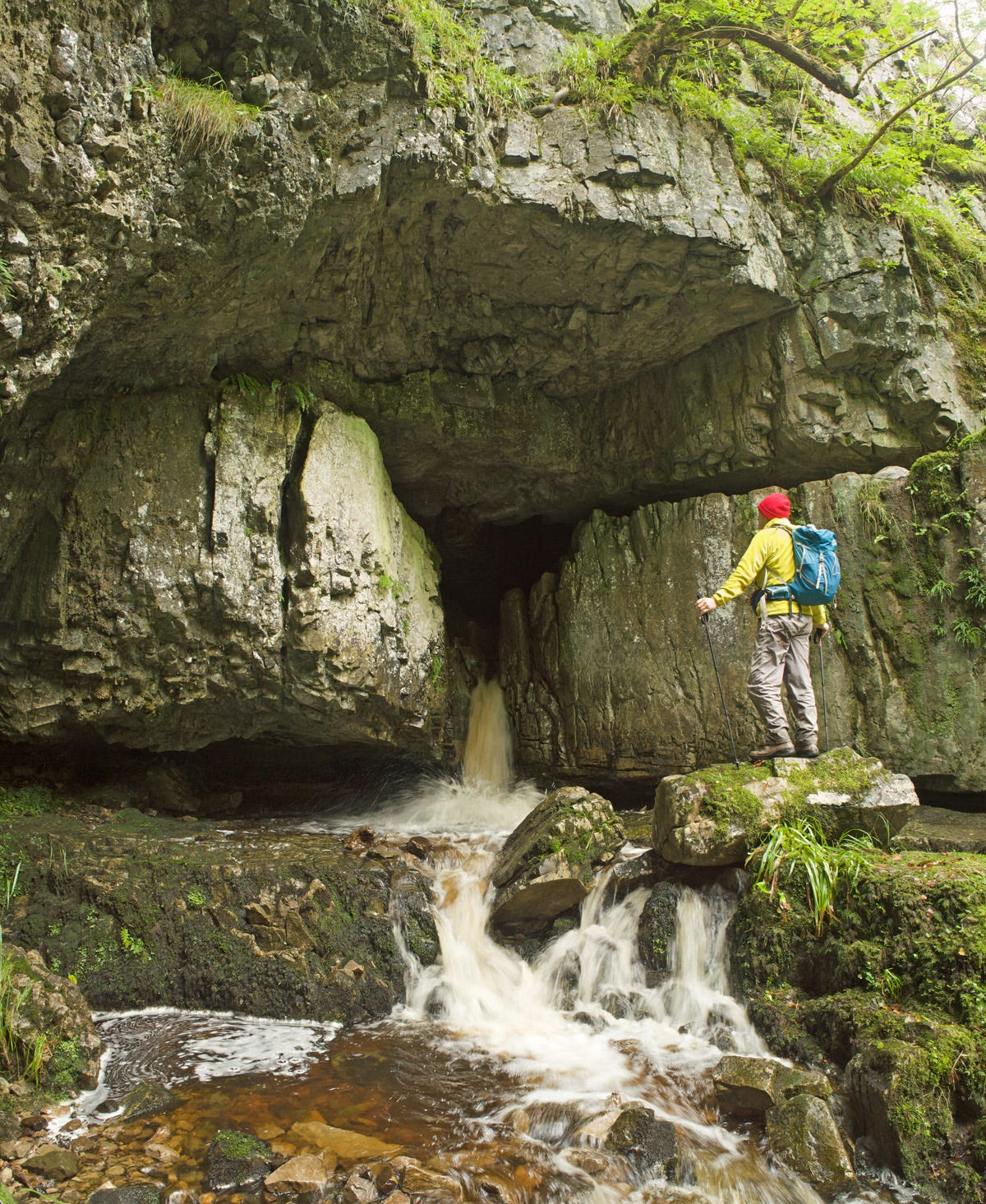
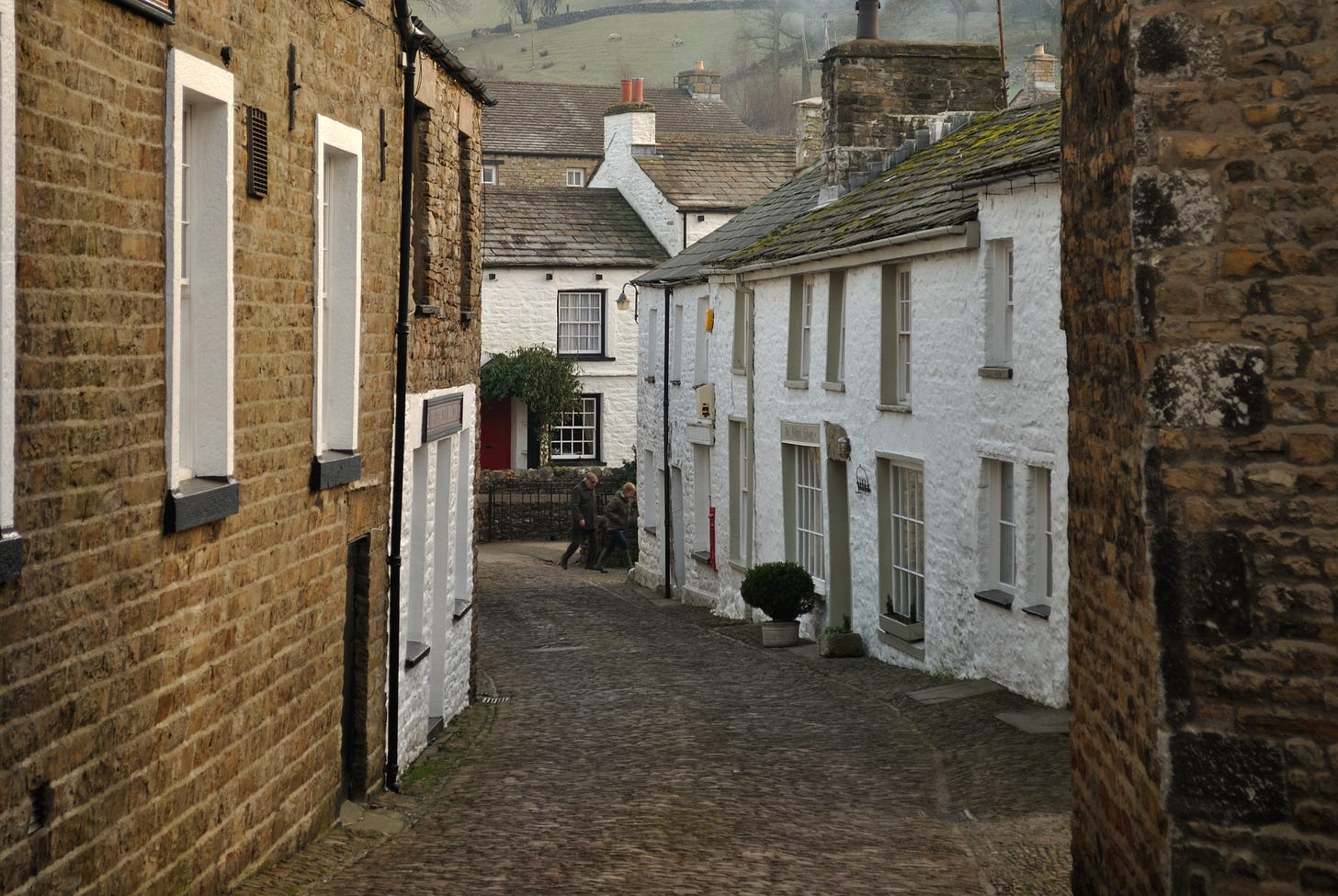

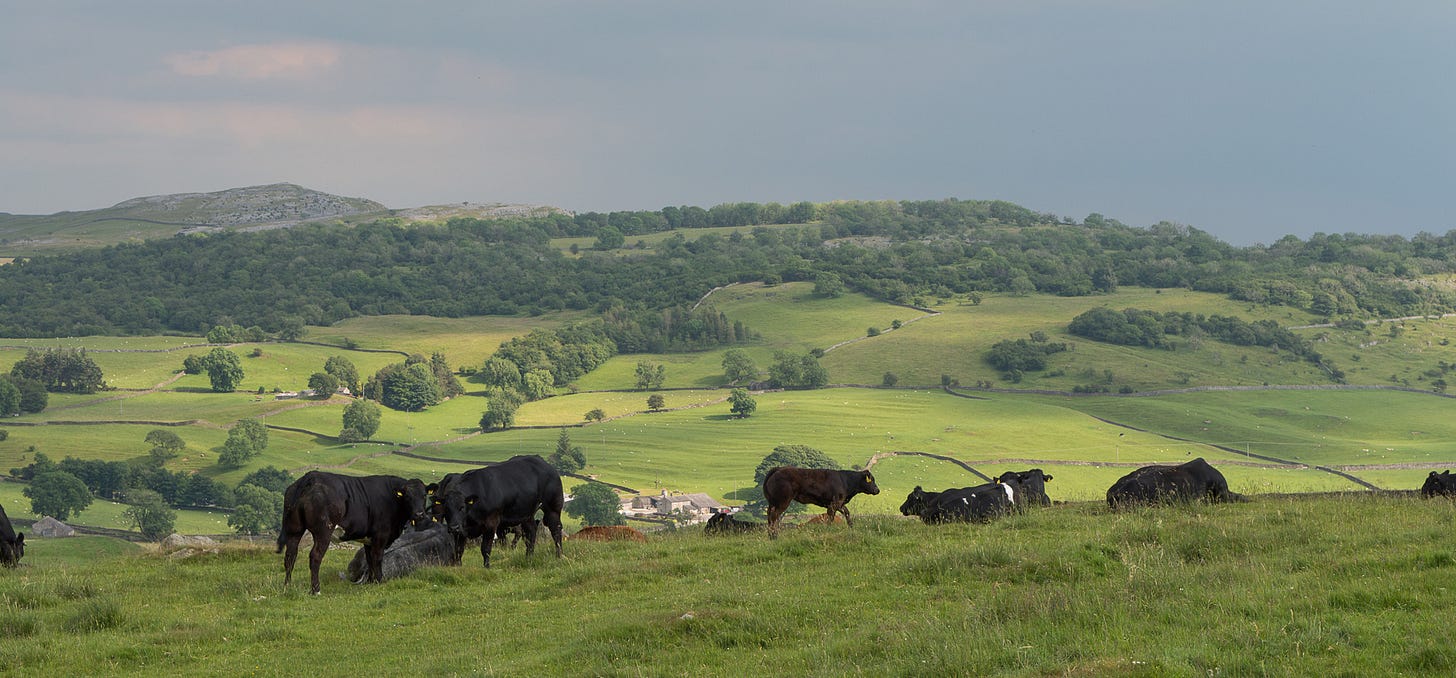
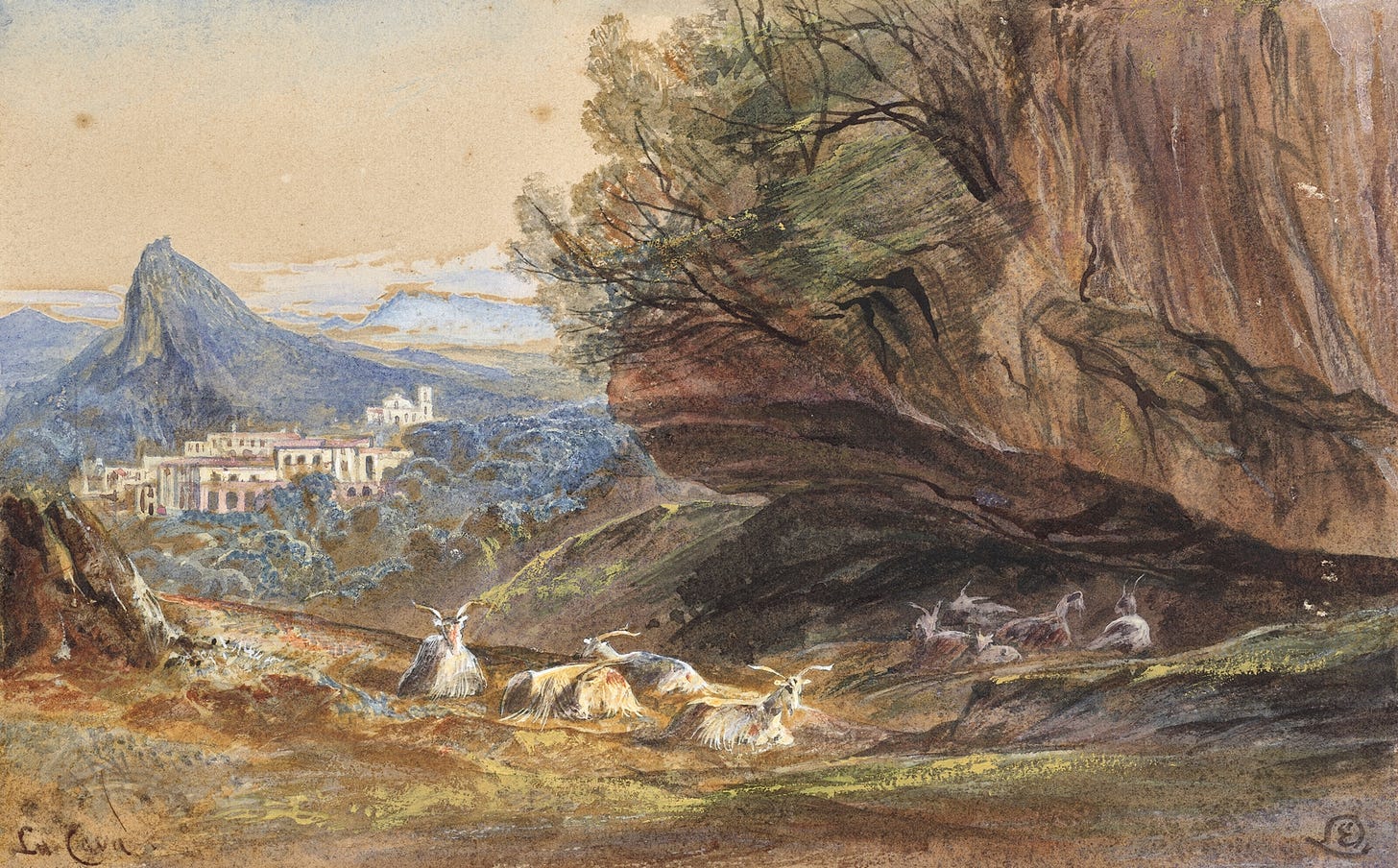
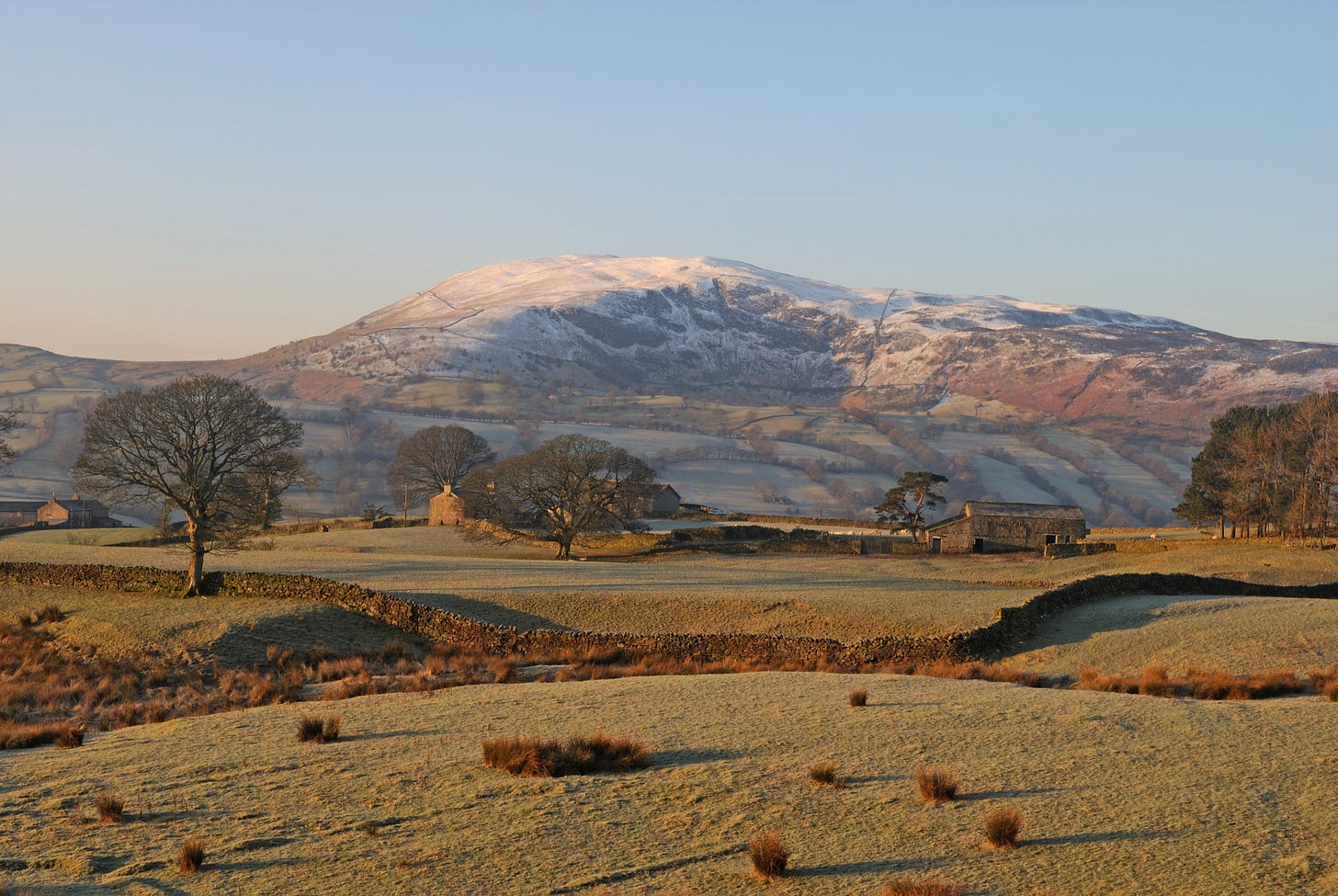
Congrats on reaching the 50 post milestone, Ronald. Good to see Virginia Woolf in the top three!
This article has benefited me a lot. https://www.mill-sbm.com/ Thank you very much for sharing.